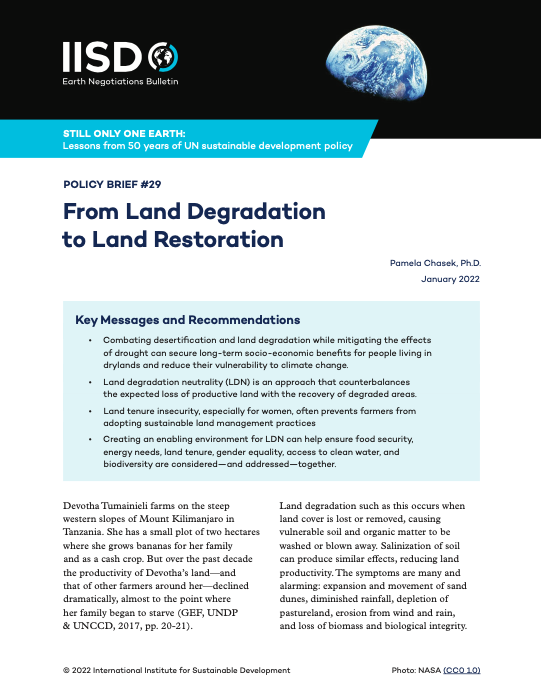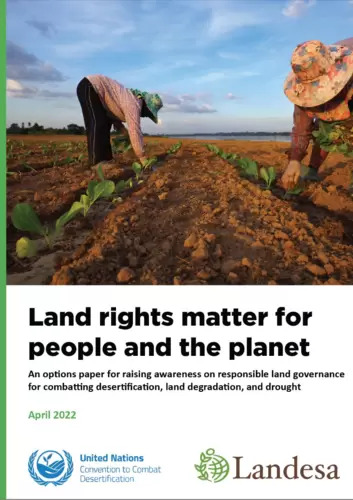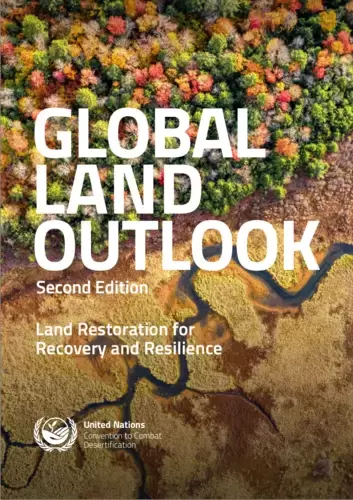UNCCD Advocacy Policy Framework On Gender
Gender equity is a matter of fundamental human rights and social justice, as well as a pre-condition for sustainable development. The empowerment of women and gender equity has been recognized as a significant driver of development, enhancing the effectiveness of programs, projects, and initiatives.







